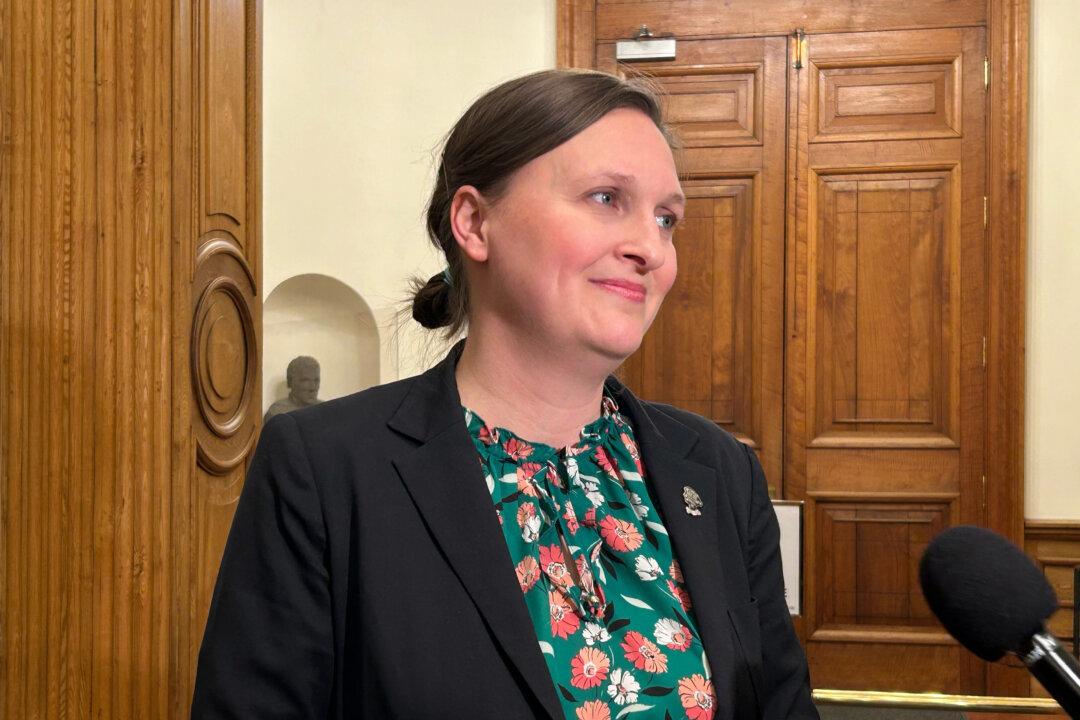Politicians from two Atlantic provinces are calling for a federal investigation into an unexplained increase in a brain illness that first appeared in New Brunswick nearly 10 years ago and has since spread to Nova Scotia.
N.S. Independent MLA Elizabeth Smith-McCrossin and N.B. Green Party MLA Megan Mitton are asking the Public Health Agency of Canada (PHAC) to lead the inquiry into the spike of “atypical neurodegenerative” illnesses in both provinces.





